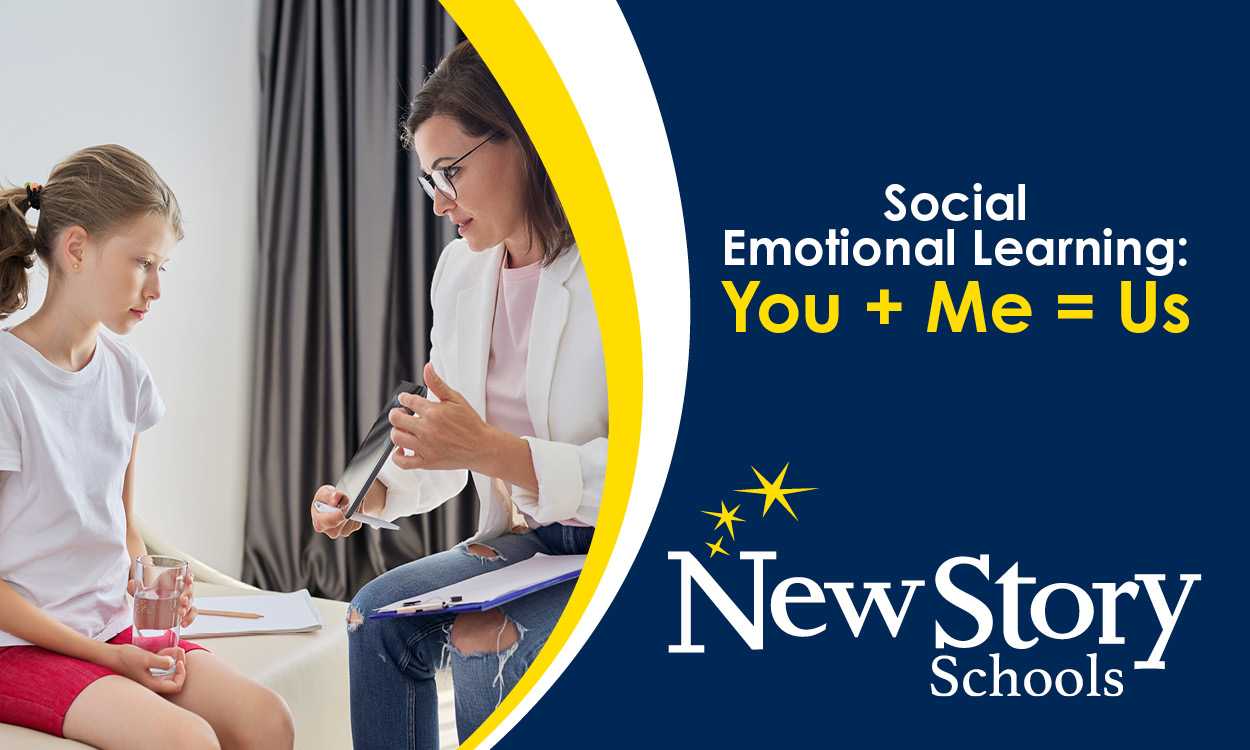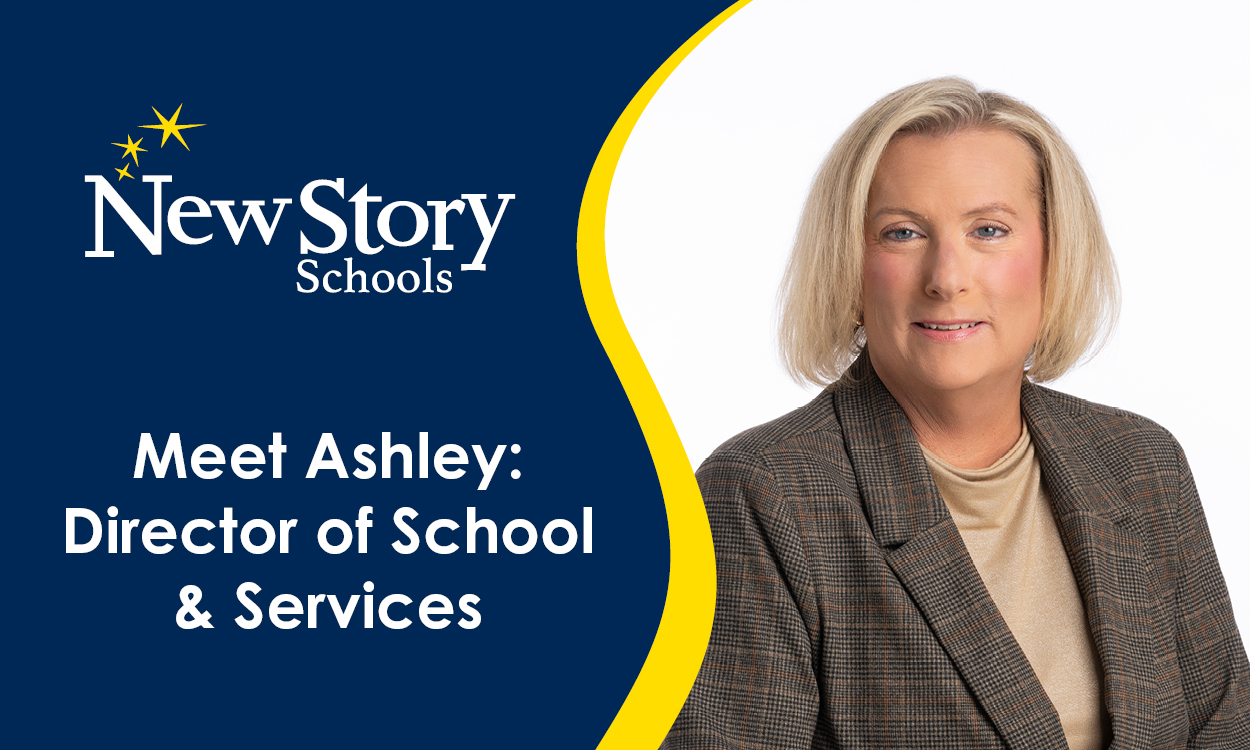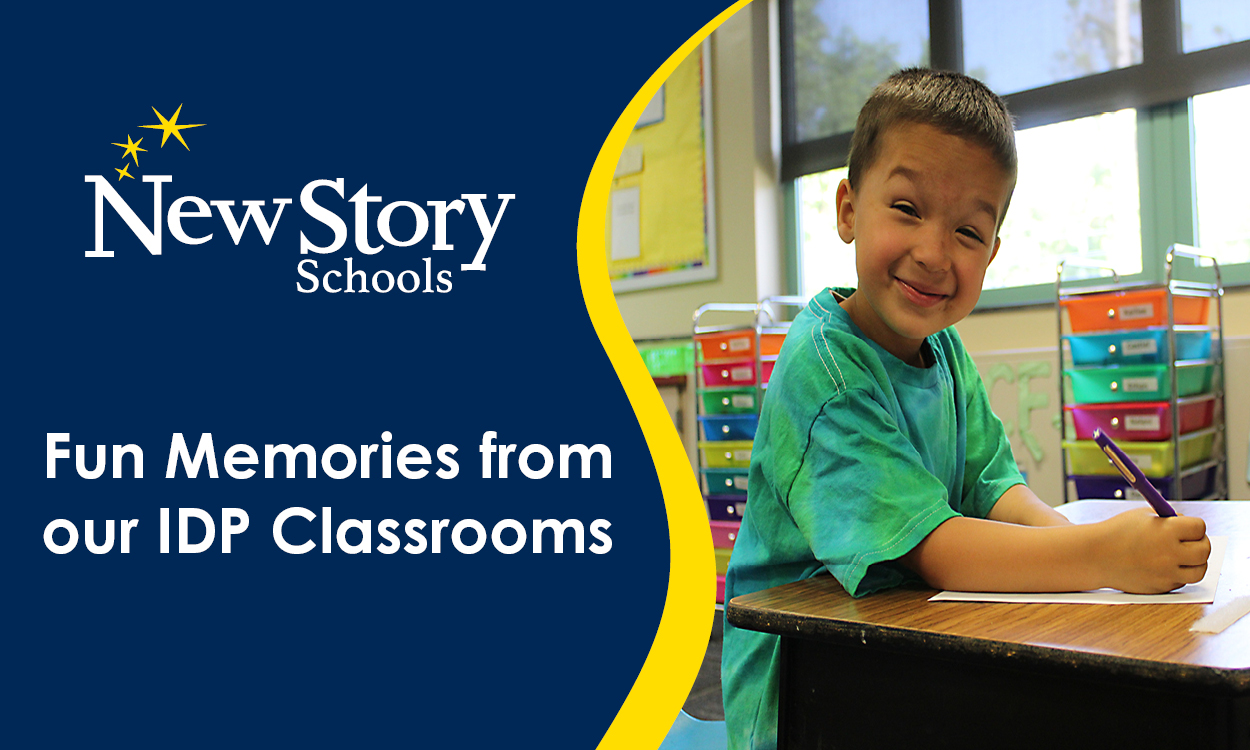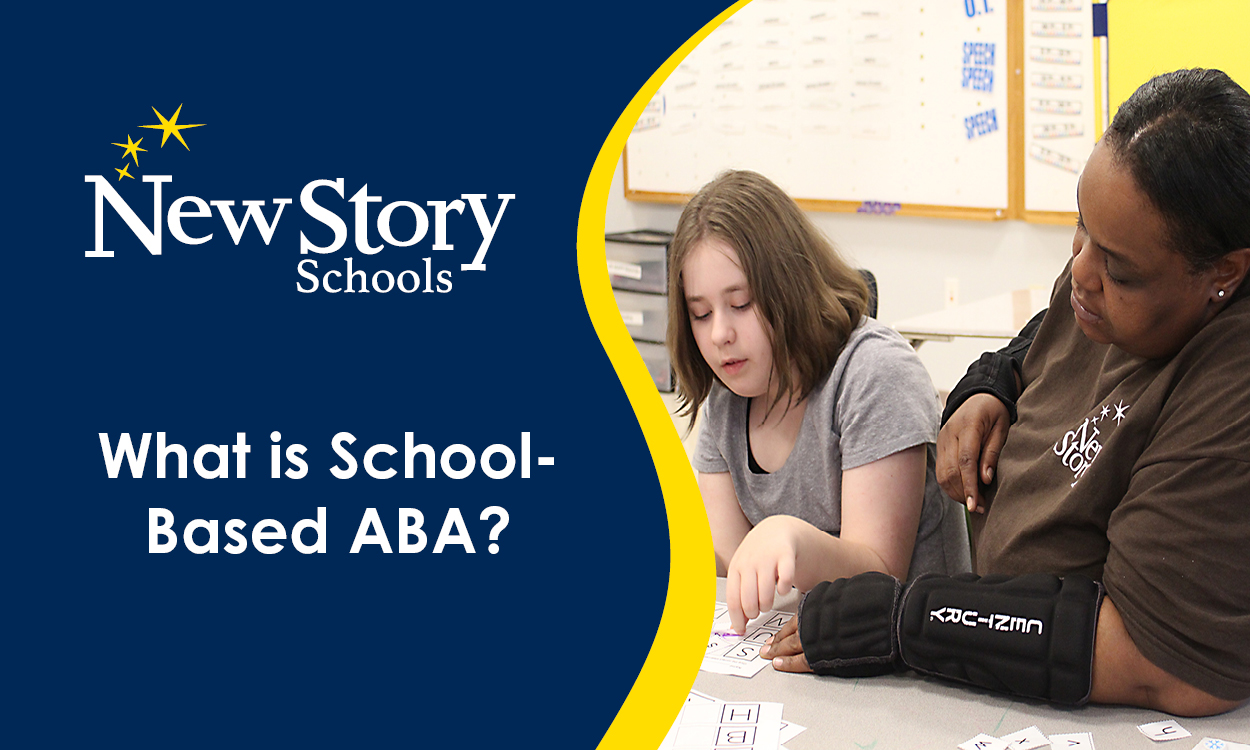Social Emotional Learning: Resiliency and Grit
Posted: June 14, 2021 | Written By: Stacy Vetter, MS, LBS | Category: Special Education Teaching
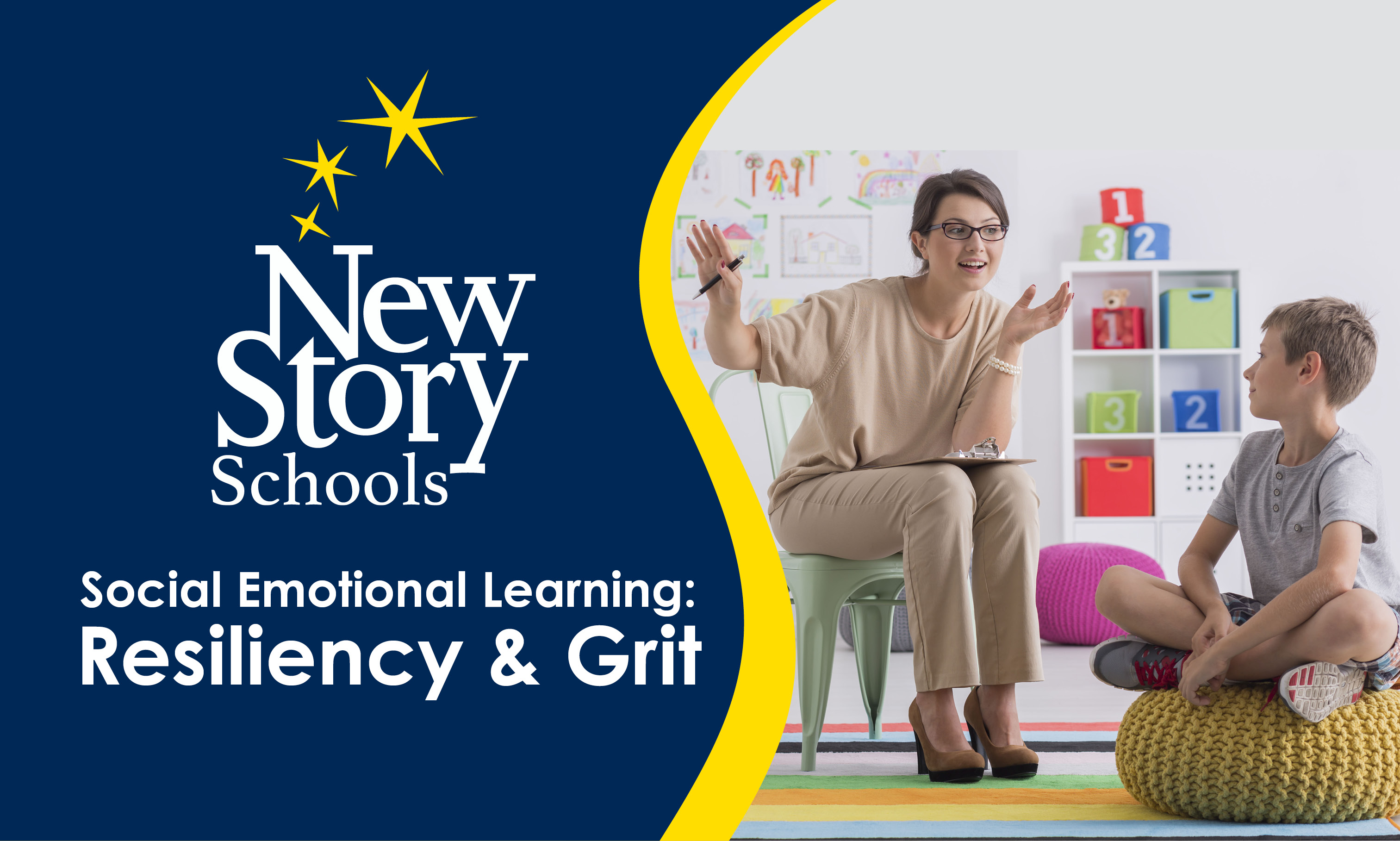
Resiliency and grit are what enables children to persevere in working toward their goals, even when the going gets tough. Difficult things happen to everyone. From living through a global pandemic to dealing with social media pressure to cyberbullying and relationship stressors, children today face a barrage of complex challenges. Fortunately, children do not have to be born gritty or resilient, rather it is something they can learn, and you can help! Drawing from the evidence-based principles of cognitive behavioral therapy (CBT), social emotional lessons aim to help students develop lifelong skills that enable them to bounce back from tough situations, to not give into big feelings and to see obstacles differently.
The way we think about things has a big effect on how we get through things. The core concept behind CBT is that it is not a situation but rather our perception, or the thoughts that pop up in our mind that cause us to have a negative reaction. To understand, let’s use the challenging situation of working up the courage to ask a new group of kids to play at recess and them responding with “no.” Suppose Sally did this and walks away thinking, “Everybody hates me! I am never trying that again.” She is then feeling sad, disappointed and hurt. She begins to cry and decides to play alone at recess for the rest of the week. Now, imagine that Jimmy experiences this same situation but walks away thinking, “At least I tried! I guess I’ll find someone else to play with.” Jimmy is probably still feeling bummed out or disappointed, but also hopeful. Jimmy then searches out someone else to play with during recess and makes a new friend.
People respond differently to the same exact situation because in between the situation and outcome lies a crucial piece, our perceptions and beliefs. Jimmy experienced peer rejection but showed grit when he believed he could try again. Jimmy’s perception led to him making a new friend. Sally also experienced peer rejection, but believed it was too hard of a challenge to overcome. Sally’s perception led to her missing out on making any new friends.
Social emotional lessons regularly practice cultivating a sense of self awareness in students that allows them to gain a sense of control and further develop their resilient mindset. Some tools and strategies we practice in building resiliency and grit skills during social emotional lessons include:
- Keeping perspective and building optimism through strategies of noticing and changing self-talk (i.e. compassionate self like “I’m going to be kind to myself”; disputing self-talk like “That thought I have isn’t really true.”). As a parent, your child might share some of their “self-talk”, providing you with an opportunity to help reframe their response. If you were Sally’s parent, and she shared that everyone hates her because the kids on the playground declined her invitation, you might want to ask her for another explanation on why they did that.
- Learning to train your brain to look for the good and other possibilities, even when things are not going your way. This is a great tool for parents – when plans go awry, ask your child to help find the “silver lining” with you. Perhaps a party was rained out, and you had to stay home instead. Ask them what fun they had at home or point out that this means you get to go to the party on another day.
- Solving problems by identifying issues, brainstorming solutions, and trying it out. In the above example, if your child was sad because the party was cancelled, perhaps ask them if they could think of something else fun to do. Maybe you could build a fort together or bake a new recipe!
When we learn new skills to build perceptions with a resilient and gritty lens, we empower ourselves to change how we feel and act. Helping your child develop these skills will build on their social emotional learning. It takes effort to change behavioral reactions to challenges – to not just give up and keep going – and social emotional lessons provide the skillsets to make these changes happen.
Want to be notified of new articles and resources from New Story Schools? Submit your email and opt into our newsletter!


